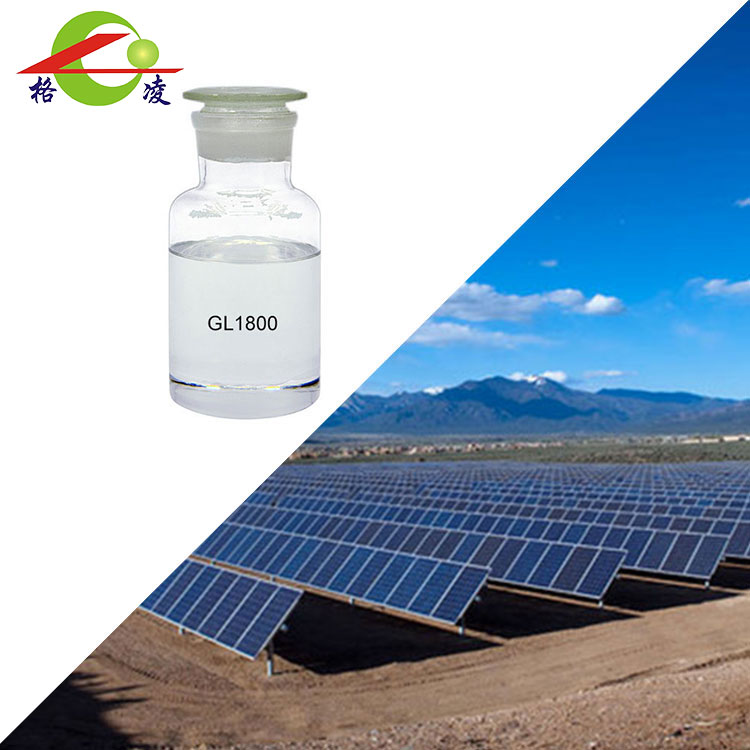Polymercaptan: A Key Player in Fast-Curing Epoxy Systems
2025-04-07
In the world of chemical materials, certain compounds work behind the scenes to drive innovation in adhesives, coatings, and sealants. One such unsung hero is Polymercaptan. Though not widely recognized outside of specialized industries, polymercaptan plays a crucial role in creating fast, reliable, and durable epoxy systems used across a wide range of applications.
What Is Polymercaptan?
Polymercaptan, also known as mercaptan-terminated polymer, is a reactive chemical compound primarily used as a curing agent or hardener for epoxy resins. It contains multiple thiol groups, which are sulfur-based functional groups known for their high reactivity. When combined with an epoxy resin, these thiol groups react rapidly, leading to quick curing even at room temperature.
This makes polymercaptan especially valuable in applications where speed and performance are critical. It enables epoxy systems to cure within minutes, offering fast handling strength without requiring elevated heat or long waiting times.
Advantages of Using Polymercaptan
Polymercaptan brings several benefits to epoxy formulations, including:
1. Fast Curing Time: Polymercaptan-based systems can cure in just a few minutes, making them ideal for emergency repairs, fast assembly lines, and quick-drying coatings.
2. Room Temperature Reactivity: These systems do not require heat to initiate the curing process, which helps reduce energy costs and simplifies the application process.
3. Excellent Adhesion: Polymercaptan epoxy systems adhere well to a wide variety of substrates, including metal, wood, concrete, and plastics.
4. Low Toxicity: Compared to some alternative curing agents, polymercaptans are often considered less hazardous, improving worker safety during handling.
5. Good Moisture Tolerance: They can perform reliably in high-humidity or damp conditions, which is essential for field applications and outdoor use.
Common Applications
Thanks to its rapid curing and strong bonding capabilities, polymercaptan is used in many industries. Common applications include:
- Adhesives: For industrial, automotive, and construction use, where quick bonding is required.
- Coatings: Protective coatings that cure quickly and resist environmental damage.
- Sealants and Fillers: For cracks, joints, and gaps in concrete, metal, and other surfaces.
- Electrical Encapsulation: In electronics, polymercaptan systems help protect components from moisture and vibration.
Challenges and Considerations
While polymercaptan offers many benefits, it does come with a few considerations:
- Odor: Thiol groups often have a strong odor, which can be unpleasant in enclosed spaces.
- Shelf Life: Polymercaptan systems can have limited pot life once mixed, requiring careful timing during application.
- Material Compatibility: Not all formulations are compatible with every type of epoxy resin, so proper formulation is key.
Conclusion
Polymercaptan is a highly effective curing agent that continues to shape the development of fast-setting epoxy systems. Its unique chemical properties enable quick repairs, efficient manufacturing, and strong adhesive performance across a variety of industries. As technology advances, the versatility and efficiency of polymercaptan will likely drive even more innovative uses in the future.
Whether you are working in construction, electronics, or industrial maintenance, polymercaptan-based epoxy systems offer a powerful solution when time and strength matter most.



